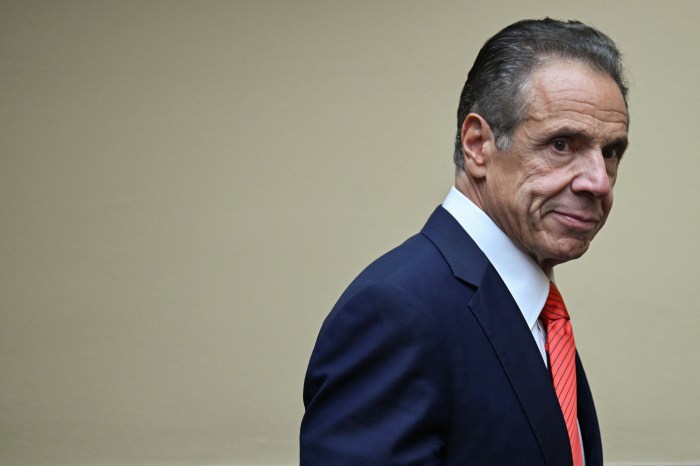New York is at a vital crossroads when it comes to supporting individuals with intellectual and developmental disabilities and the workforce that provides essential care.
The voters of the state recently and overwhelmingly approved the Equality Amendment to the New York State Constitution, which I proudly sponsored. It protects from discrimination, for the first time within our primary state governing document, people with disabilities.
Now we must turn our attention to the plight of the dedicated workers who provide critical assistance every day to our community. The challenges are immense, but so is the opportunity to enact meaningful reforms this year.
New Yorkers with disabilities and their families struggle to navigate a care system weakened by chronic underfunding and workforce shortages. Direct Support Professionals—the backbone of this system—are leaving the field in droves because their wages are far below what they need to support themselves and their families. Non-profit providers are being pushed to the brink, unable to keep pace with rising costs for housing, food, transportation, and energy.
Disability services contribute over $14 billion to New York’s economy, sustain nearly 200,000 jobs, and generate $2 billion in tax revenue each year. The system depends on Medicaid rates that fail to cover the true costs of care, forcing providers to do more with less year after year.
If New York is to live up to its promise of fairness and inclusion, Governor Hochul should include necessary investments in the 2025-26 budget: a 7.8% rate increase in rates that support services for individuals with disabilities depend on to live, work, and thrive.
Despite increases that the Governor and the Legislature most fortunately provided over the past four years, inflation has driven costs through the roof. Without a 7.8% increase, providers will face further cuts to staffing and programs, and families will lose access to vital services.
The care crisis is, at its core, a workforce crisis. DSPs in the non-profit sector support over 85% of individuals with I/DD in New York, but their wages are far below those of state-employed counterparts.
We need adequate funding and a plan to ensure that the workforce is fairly compensated. This would help retain skilled workers and make care delivery sustainable for the long term.
Without these investments, the cracks in our system will continue to widen. Providers will close, staff will leave, and families will be left with fewer options for care. The disability community deserves far better than a patchwork system held together by inadequate funding and an overburdened workforce.
Gov. Hochul, who strongly supported the successful passage of the Equality Amendment, has the chance to turn the tide. She can ensure that individuals with disabilities are fully protected from discrimination by supporting a valued and stable workforce––assuring that New York remains a leader in disability rights.
Rebecca Seawright is a member of the New York State Assembly representing the 76th district. She is Chair of the New York State Assembly Committee on People with Disabilities.































